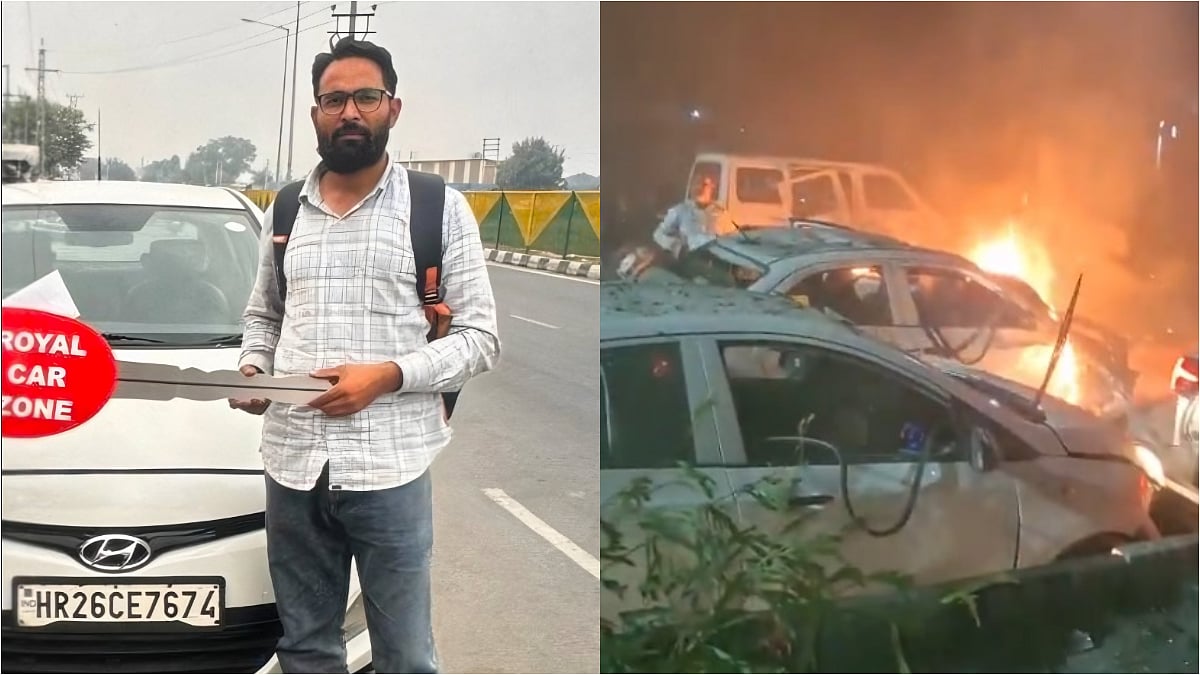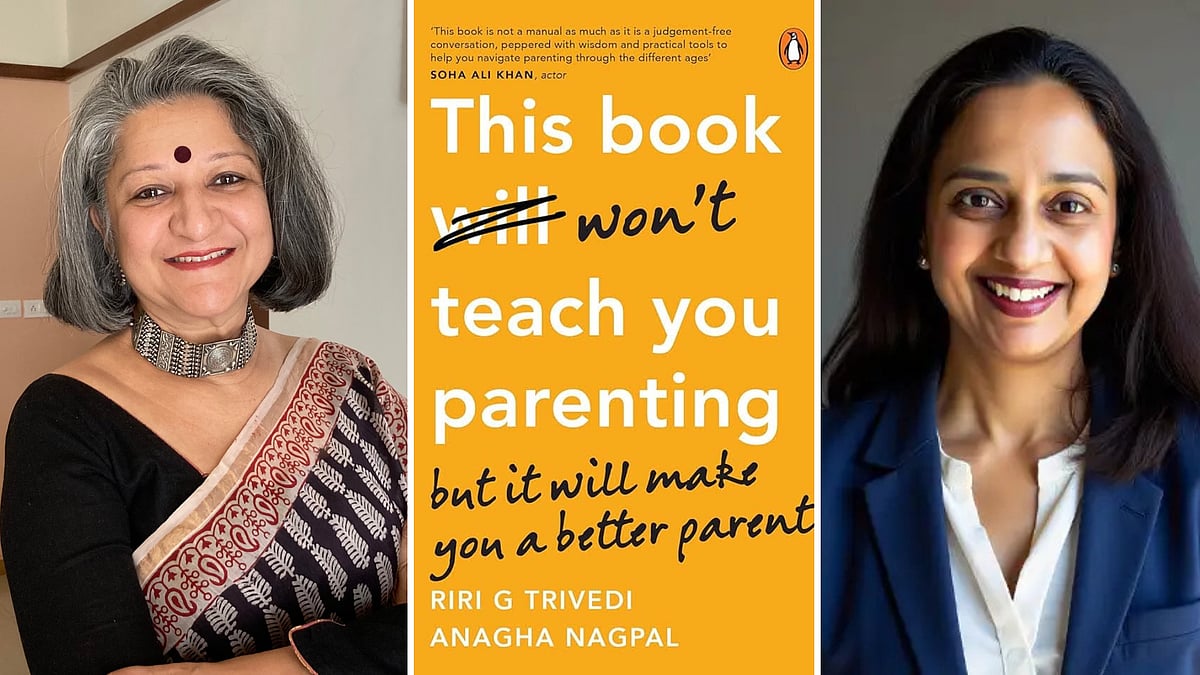In my 2018 book The Paradoxical Prime Minister, I had written of the ruling party’s doctrine as being not just Hindutva but Moditva—a cultural nationalism anchored in the RSS political doctrine of Hindutva, but extending beyond it, wrapped up in a personality cult around Narendra Modi. On top of the foundation of Hindutva—a reactionary and regressive doctrine, with its roots in the ‘racial pride’ ethos that spawned Fascism in the 1920s—it builds the idea of a strong leader, powerful and decisive, who embodies the nation, and will lead it to triumph. When a similarly dominant leader, Indira Gandhi, attempted a similar degree of assertion over India’s institutions, she declared an Emergency, and suspended many democratic processes, only to restore them fully after twenty-two months, hold a free election, lose it comprehensively, and relinquish power. Moditva’s assault on India’s democracy is subtler and more enduring: the changes it is bringing about to India’s democratic institutions involve nothing as blunt as emergency decrees, but fundamentally alter the assumptions of their functioning in ways that will inevitably cripple them as effective custodians of the nation’s freedom. The danger to liberal constitutionalism is clear.
Some, particularly on the Left, have gone further than this, evoking the dreaded term ‘fascism’ for Moditva. In a now-famous essay published in the magazine Seminar soon after the 2002 Gujarat riots, sociologist (and trained clinical psychologist) Ashis Nandy, who had interviewed Narendra Modi in the late 1980s, well before he began his spectacular political rise, laid out this chilling diagnosis.

The future prime minister, Nandy wrote, at the time ‘a nobody, a small-time RSS pracharak trying to make it as a small-time BJP functionary’, gave him a ‘long, rambling interview’ that ‘left me in no doubt that here was a classic, clinical case of a fascist.’ Nandy added, ‘I never use the term “fascist” as a term of abuse; to me it is a diagnostic category comprising not only one’s ideological posture but also the personality traits and motivational patterns contextualizing the ideology. Modi, it gives me no pleasure to tell the readers, met virtually all the criteria that psychiatrists, psychoanalysts, and psychologists had set up after years of empirical work on the authoritarian personality. He had the same mix of puritanical rigidity, narrowing of emotional life, massive use of the ego defence of projection, denial and fear of his own passions combined with fantasies of violence—all set within the matrix of clear paranoid and obsessive personality traits. I still remember the cool, measured tone in which he elaborated a theory of cosmic conspiracy against India that painted every Muslim as a suspected traitor and a potential terrorist.’
Nandy is a respected scholar and there is no reason to doubt the objectivity of his analysis. Some elements he identifies are in fact avowed by Modi followers themselves, though as virtues, not failings: the ‘puritanical rigidity’, for instance, is a Modi attribute—he told me himself that, as prime minister, he sees no movies, for instance; he is known neither to drink nor smoke, eats non-spicy fare, enjoys a simple khichdi (usually alone) and frequently observes fasts on specific Hindu occasions, in particular during the Navratri festival, when he only drinks nimbu pani and a cup of tea during the day.

Another is the ‘narrowing of emotional life’ Nandy mentions. Narendra Modi lives alone, and maintains little contact with his mother, four brothers, or sister, though he has not been above demonstrating his filial devotion by seeking his mother’s blessings on his victory or being photographed wheeling her chair around the prime ministerial garden (before returning her to a life of anonymity away from him). Modi has no relationship to speak of with his blood relatives, and advertises this as part of his incorruptibility. At an election rally in Hamidpur in Himachal Pradesh in February 2014, PM Modi said, ‘I have no family ties. I am single. Who will I be corrupt for?’ adding, ‘this mind and body is totally devoted to the nation.’ His siblings are less enthusiastic about his rectitude. ‘I wish he would help the next generation of our family. But I am sure he won’t,’ his younger brother, Prahlad Modi, said after Narendra Modi became PM. ‘He won’t even offer tea to someone without a reason—especially his family.’
Prahlad Modi is also the source of one of the few negative anecdotes about Modi as a youngster. When he was younger, Narendra Modi liked to fly kites. Being the younger brother, Prahlad would hold the spool of string, or manja, while Narendra Modi did all the flying. ‘If I refused, he would get angry and he would hit me,’ says Prahlad, ‘I am still scared of him, even today.’

Narendra Modi has said he sleeps about four hours a night, rises at about 5 a.m. every day to do yoga and meditate, spends fifteen minutes reading the news on his iPad (this seems suspiciously little) and has not taken a holiday in nearly two decades. An official response to a Right to Information Act (RTI) petition filed in 2016 asking about the number of days of leave Modi had taken since becoming prime minister informed the applicant—in terms unusually obsequious for an RTI response—that he had not taken a single day of leave since coming to power: ‘the Prime Minister can be said to be on duty all the time.’
The Moditva blend of a charismatic, austere ruler, corporatism, an imagined utopia (‘achhe din’), an evocation of ancient glories, an ‘exacerbated nationalism’, and Islamophobia, reminds one of Umberto Eco’s famous list of the key ingredients of what he dubbed Ur-Fascism (if one allows for the substitution of anti-Semitism by Islamophobia). This is what emboldens those who use the political ‘F’ word in India.
Still, as I explained at length in The Paradoxical Prime Minister, I am not prepared to apply the word ‘fascism’ to the Modi regime: it has become a term of political abuse rather than of understanding. And surely Il Duce went much further than the BJP would dream of. ‘The free press was abolished, the labour unions were dismantled, and political dissenters were confined on remote islands’, Eco says of Mussolini, whereas of Moditva, the same sentence would have to be rewritten as ‘the free press was emasculated, the labour unions were ignored, and political dissenters were denied prominent platforms in the mainstream media.’ Some developments in current Indian politics seem to bode ill for our institutions, but these were much worse under Fascism: ‘Legislative power became a mere fiction and the executive power (which controlled the judiciary as well as the mass media) directly issued new laws’, Eco writes of Mussolini’s rule.

Nonetheless, it is instructive to note how many of the fourteen common factors of what Umberto Eco describes as ‘Eternal Fascism’ seem to resonate with relevance when applied to the second-term Modi regime in India. The cult of traditionalism, with BJP grandees tripping over each other to evoke the glories of ancient India; the rejection of modernism, not in the sense of usable technology but of the scientific temper, of the alleged depravity of the modern world and the decadence of modern lifestyles; the cult of action for its own sake and a distrust of intellectualism; the view that disagreement or opposition is treasonous; a fear of difference rather than the ready acceptance of diversity; racism (transmuted, in the Indian context, to Islamophobia); the appeal to a frustrated middle class that is ‘suffering from an economic crisis or feelings of political humiliation, and frightened by the pressure of lower social groups’; the identification of an external enemy (Pakistan) and a scarcely veiled xenophobia; the tendency to see enemies simultaneously as omnipotent and weak, conniving, and cowardly; the rejection of pacifism (evident in Hindutva’s ambivalent relationship with Mahatma Gandhi); the overt contempt for weakness (particularly scorned by the RSS); the cult of heroism, especially built around the image-projection of Narendra Modi; hyper masculinity (celebrated in repeated evocations of Modi’s supposed 56-inch chest); the selective populism, relying on chauvinist definitions of ‘the people’ that the movement claims to represent (as Eco puts it, ‘citizens do not act; they are only called on to play the role of the People’); and finally, the heavy usage of ‘newspeak’ and an impoverished discourse of elementary syntax and resistance to complex and critical reasoning. As Umberto Eco says, these factors are all to be found to a greater or lesser degree in Ur-Fascism, and the world must be vigilant whenever they arise. The green shoots of every one of the elements in his list, alas, have begun to sprout in India.
Autonomous public institutions threaten the dominance of the Moditva doctrine because, by design, they are independent institutions, with specialized mandates, commitments, and accountabilities, and they consequently challenge, through merely their independent functioning, Modi’s oversized cult of personality. Naturally, when these institutions refuse to convert themselves into rubber stamps for whatever the ruling party wants them to do (thus the stand-off between the RBI and the centre led to Raghuram Rajan’s and then Urjit Patel’s resignations) the government’s response appears to be to cut these institutions off at the knees or interfere with the institutional independence that is a defining feature of these bodies.









